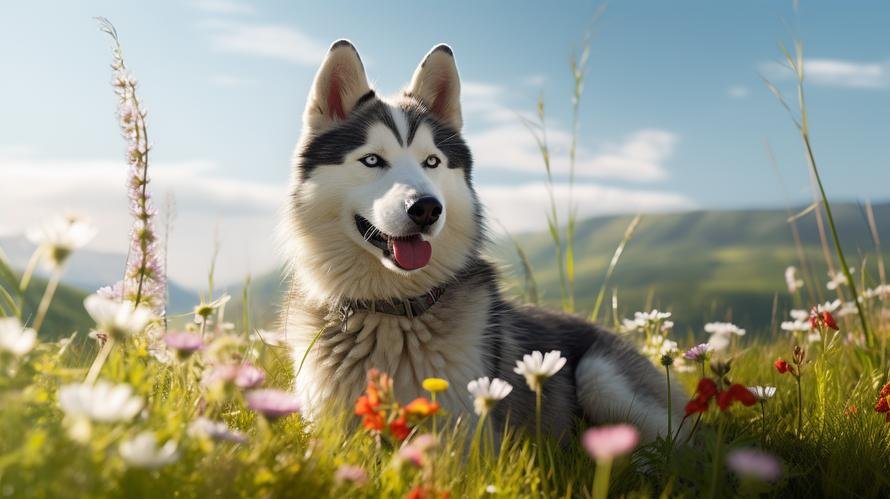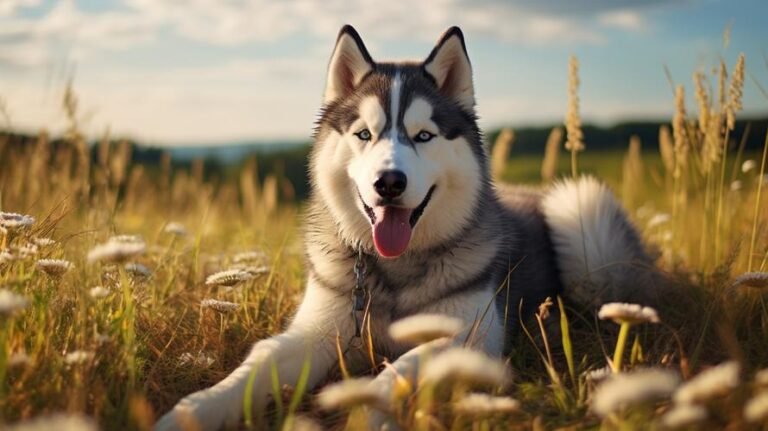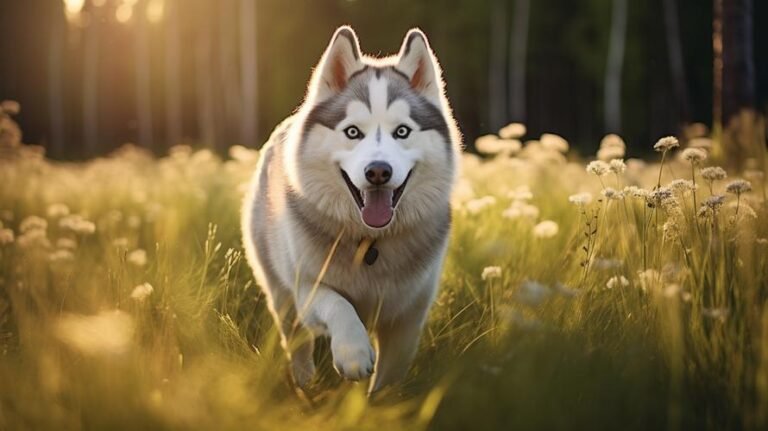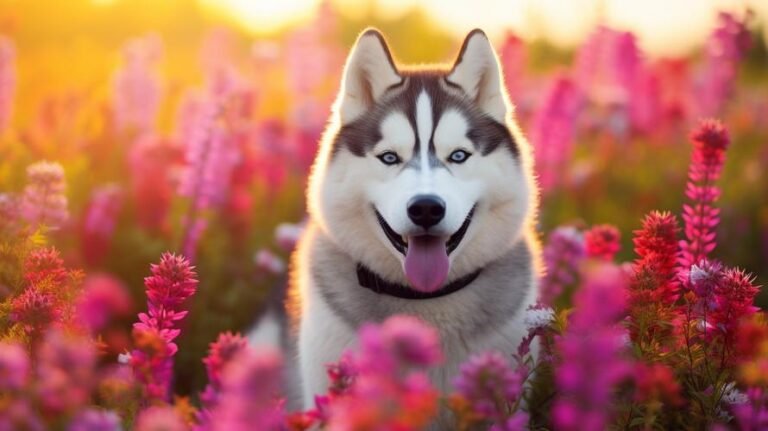Have you ever watched a Husky at play? Their striking blue eyes gleam with intelligence, and their fluffy, grey and white fur ruffles in the breeze as they frolic about, full of life and energy. These gorgeous creatures, renowned for their beauty and vigor, originally come from the Siberian Arctic, a place known for its extreme weather conditions. And did you know, the Siberian Husky has an incredibly unique diet that has been adapted over centuries to those harsh, freezing environments?
Yes, it’s true; Huskies have a different dietary pattern compared to most other dog breeds. Unlike other dogs that evolved in warmer climates eating a more diverse spread of foodstuffs, Siberian Huskies were usually fed by the nomadic Chukchi people on a high-protein, high-fat diet that mainly consisted of fish and other types of seafood. This was because of the scarcity of vegetation or other food sources during the long and brutal Arctic winters. Seeing this, it’s easy to understand that their dietary needs might be a touch different from your local poodle or beagle.
Choosing the right food for your husky is critical for their overall health and longevity, but does this mean they need special dog food? Well, that’s what we’re going to delve into today.
Immediately, let me clear something up. By ‘special dog food,’ we don’t necessarily mean a brand that is exclusively designed for Huskies, but rather a dietary plan tailored to meet their nutritional needs. Your Husky’s dietary requirements can be fulfilled using everyday, high-quality dog food too, if it meets their nutritional benchmark.
Huskies, despite their size, have fairly modest appetites, perhaps a trait carried from their Arctic origins where food was sparse. What does this mean for you? Their meals should be nutrient-dense, packing as much punch as possible, focusing on high-protein and medium-to-high fat content to replicate the food of their ancestors.
Protein is a key building block for muscles and the primary component of a dog’s diet. Look for dog food that lists real meat, like chicken, beef, fish, or lamb, as the first ingredient, not meat by-product. A younger Husky might need about 22% of protein in their diet, while an adult Husky might need about 18%, according to the Association of American Feed Control Officials (AAFCO).
Fat content, husky’s another dietary need, is the primary source of energy for dogs. Healthy sources include fish oil and flaxseed, which also contain omega fatty acids beneficial for the skin and coat. Your dog food should contain about 8% fat for puppies and 5% for adult dogs.
Just like us humans, Huskies also need carbohydrates, though in moderate amounts. Your Husky’s diet should include only about 30% of carbohydrates. Too much can cause obesity and digestive problems. Always aim for complex carbohydrates like sweet potatoes or grain-free sources like peas and lentils.
Interestingly, Siberian Huskies often display lactose intolerance, so they would need a diet that is low in dairy products. They are also known for sensitive stomachs and allergic reactions, so it’s always recommended to bring in any dietary changes gradually and watch for any abnormal reactions or allergies.
Adding dietary fiber could aid in digestion, and vitamins and minerals are necessary for overall health. They can generally be obtained from fruits and vegetables included in the dog food or added as supplements.
Remember to maintain a balance between dry and wet dog food for dental health. Dry kibble can help scrub off plaque and tartar buildup on your Husky’s teeth, while wet food helps with hydration.
Whatever dog food you choose, it should be high quality. Watch out for preservatives, artificial colors and flavors, sugar, and too much grain or corn. A high-quality dog food brand takes care of ensuring balanced nutrition, so you don’t have to worry about preparing a balanced meal yourself. A good rule of thumb is to feed your Husky two meals a day, a total of about two cups of dry dog food.
As with everything, portion control is important. Adjust feeding amounts based on your dog’s activity level, age, size, and health status. Siberian Huskies are prone to obesity if overfed and an obese Husky is at risk of multiple health issues.
Lastly, water – just like for us, it is essential for Siberian Huskies. Ensure they always have access to fresh, clean water, especially in warmer climates where Huskies can get overheated.
In conclusion, while Siberian Huskies don’t require special dog food, they do need a diet tailored to their nutritional needs. Understanding those needs and choosing the right food for your pet can lead to a healthier, happier, and longer-lived Husky. Our canine friends depend on us to give them the meals they need to thrive. After all, they bless us with their loyalty, companionship, and a whole lot of joy.



